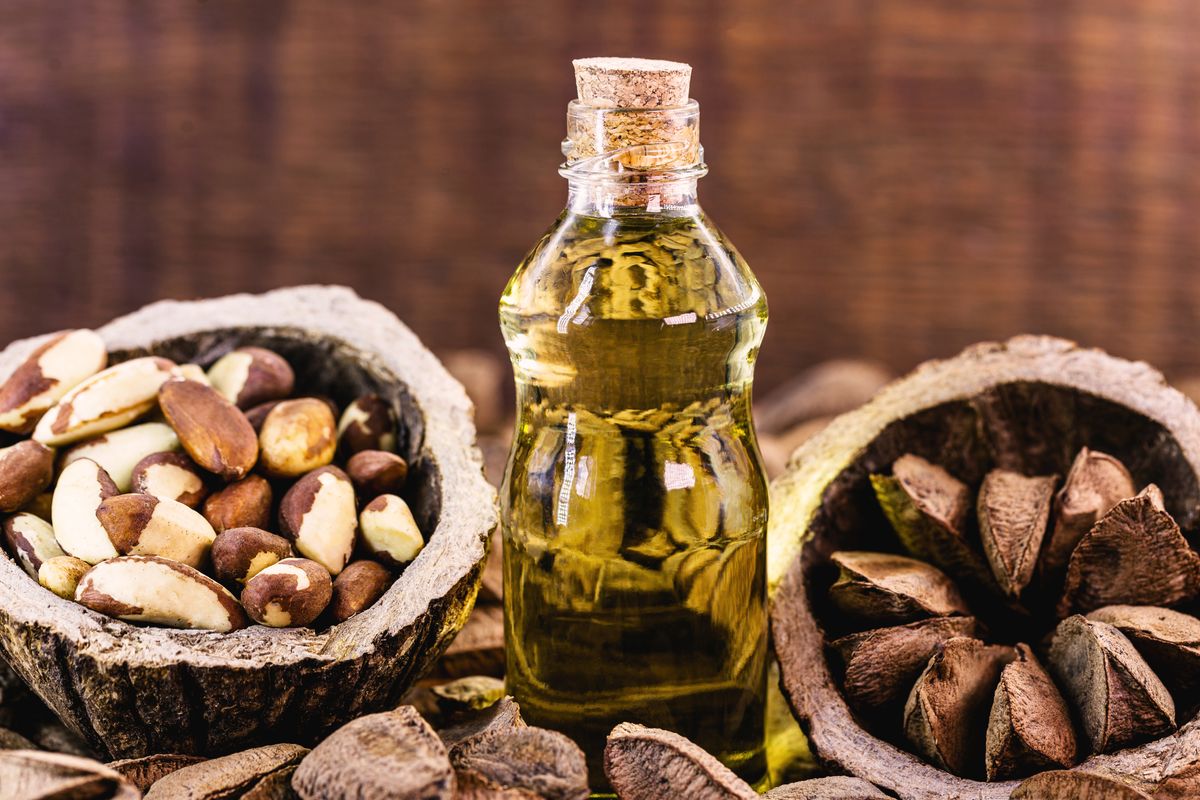Testosterone, often associated with building muscle mass, holds a much more significant role beyond mere muscle growth. This vital hormone influences a person's libido, bone density, fat distribution, as well as the production of red blood cells and sperm. It's important to note that testosterone isn't exclusive to males; females possess natural levels of this hormone too. When testosterone levels dip too low in women, it can lead to adverse effects such as compromised bone health, decreased libido, and irregular menstrual cycles.
Various factors can influence testosterone levels, including obesity, certain medications, and low thyroid function. Surprisingly, dietary patterns and specific foods can also impact testosterone levels, although they don't possess the magical ability to directly "boost" it. It's advisable to consult with a healthcare professional to determine if these foods should be incorporated into your diet.
Low-fat diets, excessively high-protein diets, and diets abundant in fried foods have been found to have a negative impact on testosterone levels. On the other hand, embracing an anti-inflammatory diet can potentially support healthy testosterone levels.
If you're keen on optimizing your testosterone levels and do not have an underlying condition affecting them, certain foods deserve your attention. Consider incorporating the following eight testosterone-supporting foods into your diet and explore their potential benefits.
1) Pumpkin Seeds
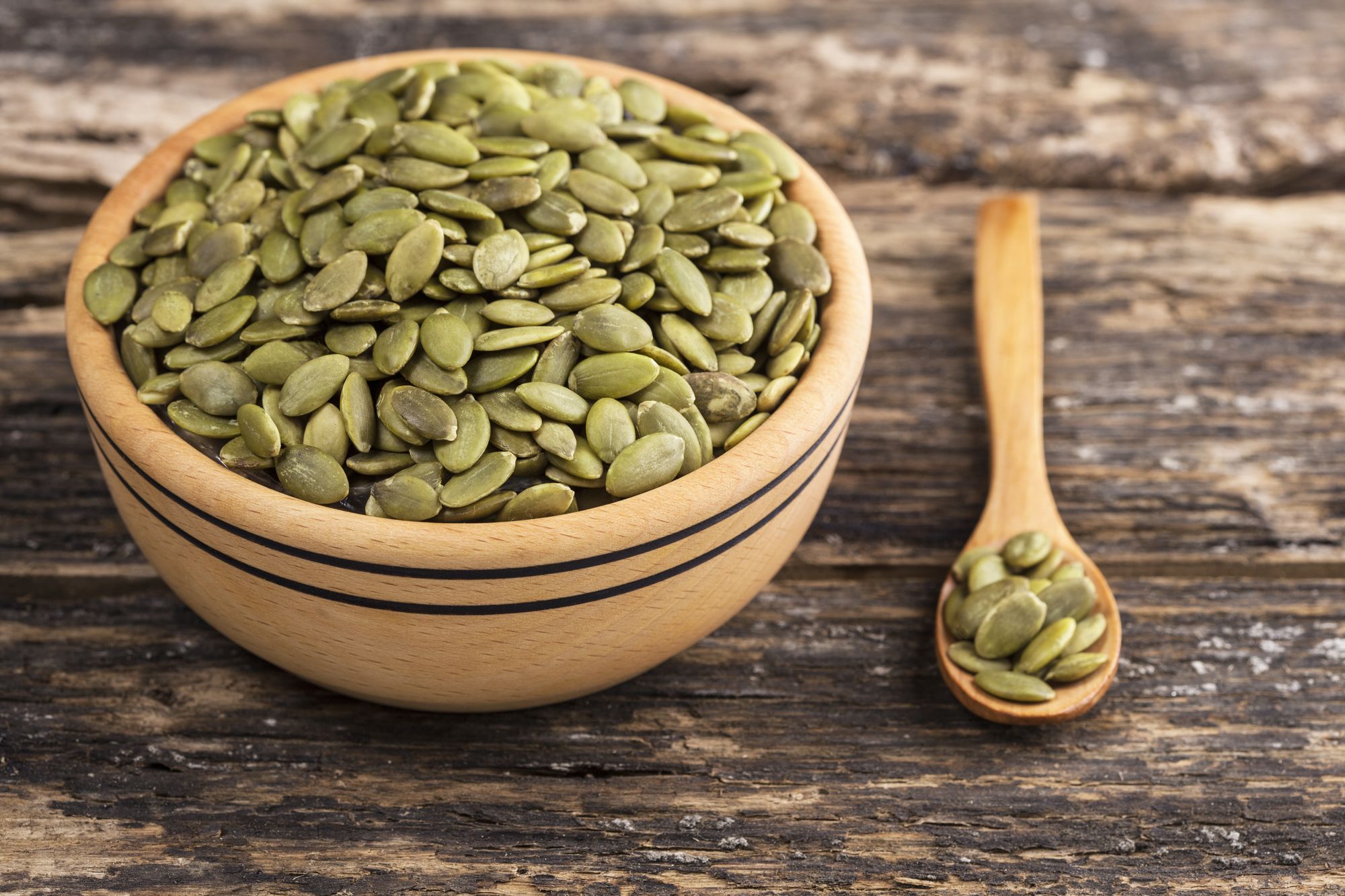
Also known as pepitas, are not only a delicious snack but also a natural source of zinc, which plays a crucial role in testosterone production. Research has shown that zinc supplementation can have a significant impact on testosterone levels. In a study conducted on slightly zinc-deficient elderly men, it was found that six months of zinc supplementation doubled their serum levels of testosterone. Similarly, an eight-week trial involving college football players revealed that those who took a nightly zinc supplement experienced increased testosterone levels and significantly greater leg strength compared to those who received a placebo. Incorporating pumpkin seeds into your diet can be a beneficial way to support testosterone production.
2) Ginger
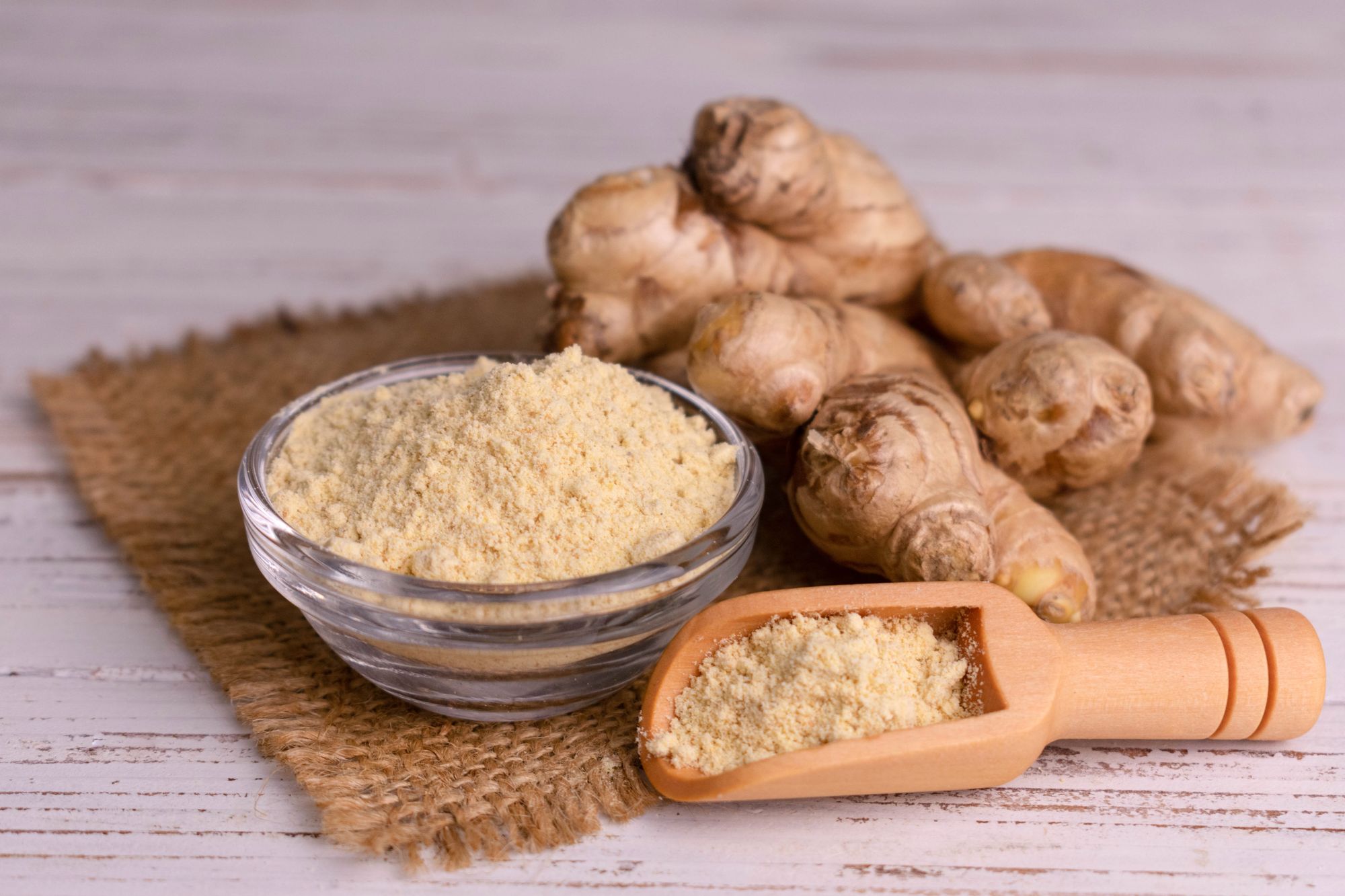
Known for its distinct flavor and aroma, offers more than just a zing to your favorite dishes and beverages. It has been found to potentially impact testosterone levels through various mechanisms. Consuming ginger can reduce oxidative stress in the testes, enhance the activity of antioxidant enzymes, normalize blood glucose levels, stimulate nitric oxide production, and improve blood flow—all of which contribute to a positive effect on testosterone. By including ginger in your meals or incorporating it into beverages or teas, you can potentially support healthy testosterone levels.
3) Oysters
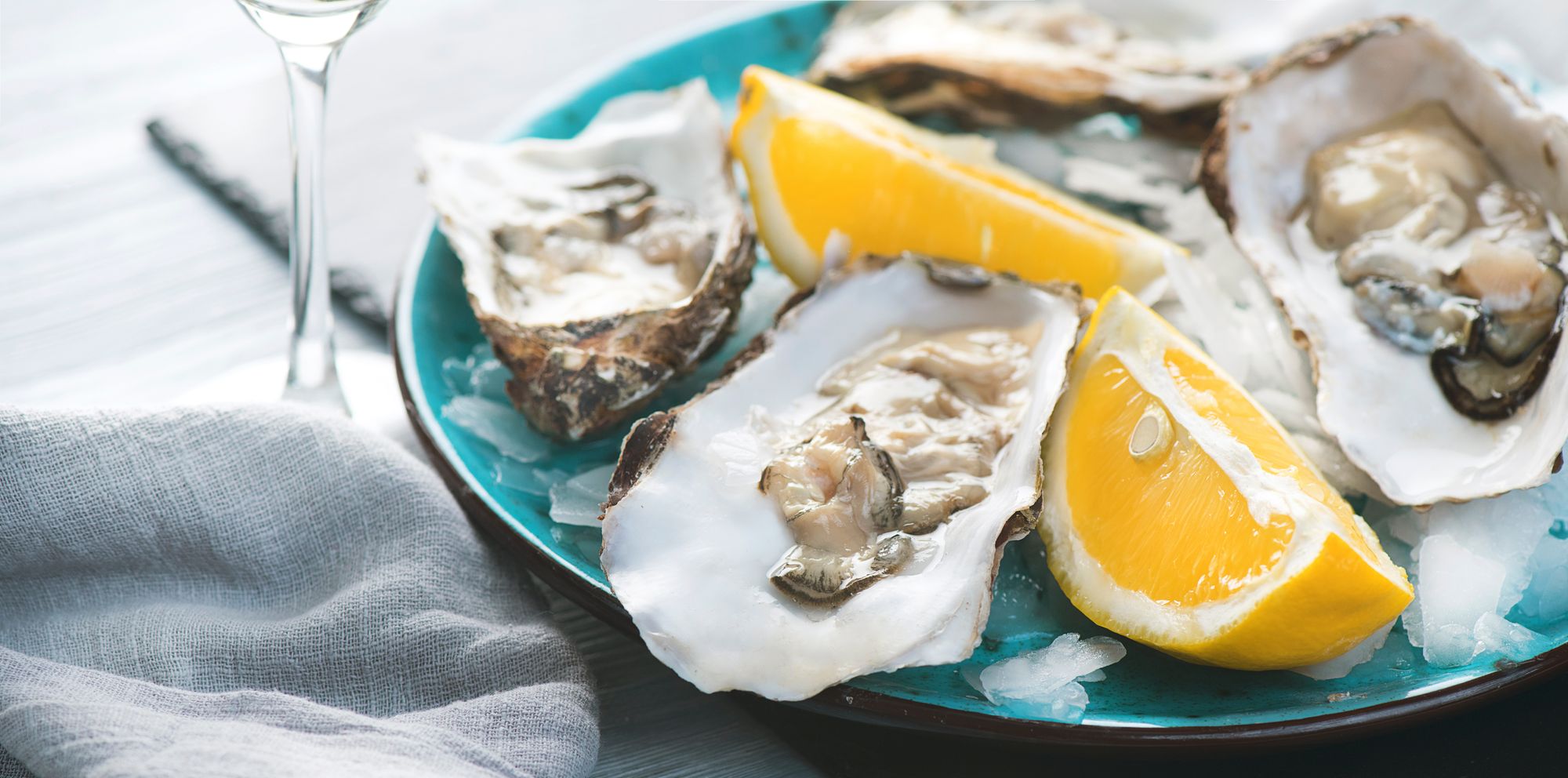
Famous for their reputation as an aphrodisiac, contain high levels of zinc, a mineral essential for testosterone production. Zinc has been shown to have a positive impact on testosterone levels, even among postmenopausal women. Maintaining healthy testosterone levels is crucial for sexual health in both males and females, making oysters an excellent choice for supporting hormonal balance. Enjoying oysters as part of your diet can provide a delicious way to boost your zinc intake and potentially enhance testosterone levels.
4) Brazil Nuts
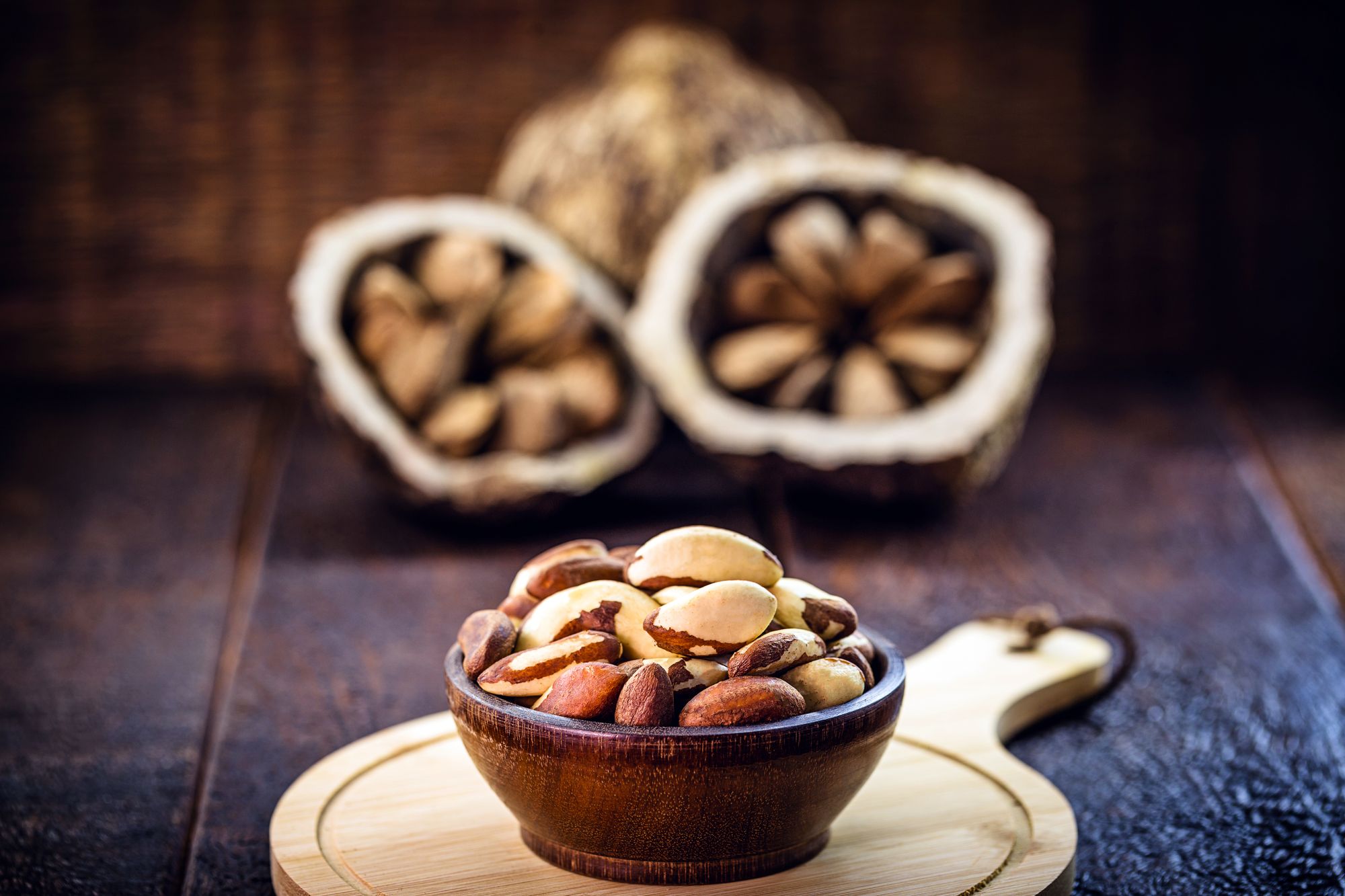
Which come from the Amazon rainforest, are not only a tasty snack but also an excellent source of selenium—a powerful trace mineral that plays various essential roles in the body. Selenium has been linked to testosterone production, and studies suggest that it may contribute to the synthesis of this hormone. Brazil nuts are among the richest dietary sources of selenium, making them an ideal choice for those looking to support testosterone levels. Incorporating a few Brazil nuts into your daily diet can provide the selenium your body needs for optimal hormone production.
5) Pomegranate Juice
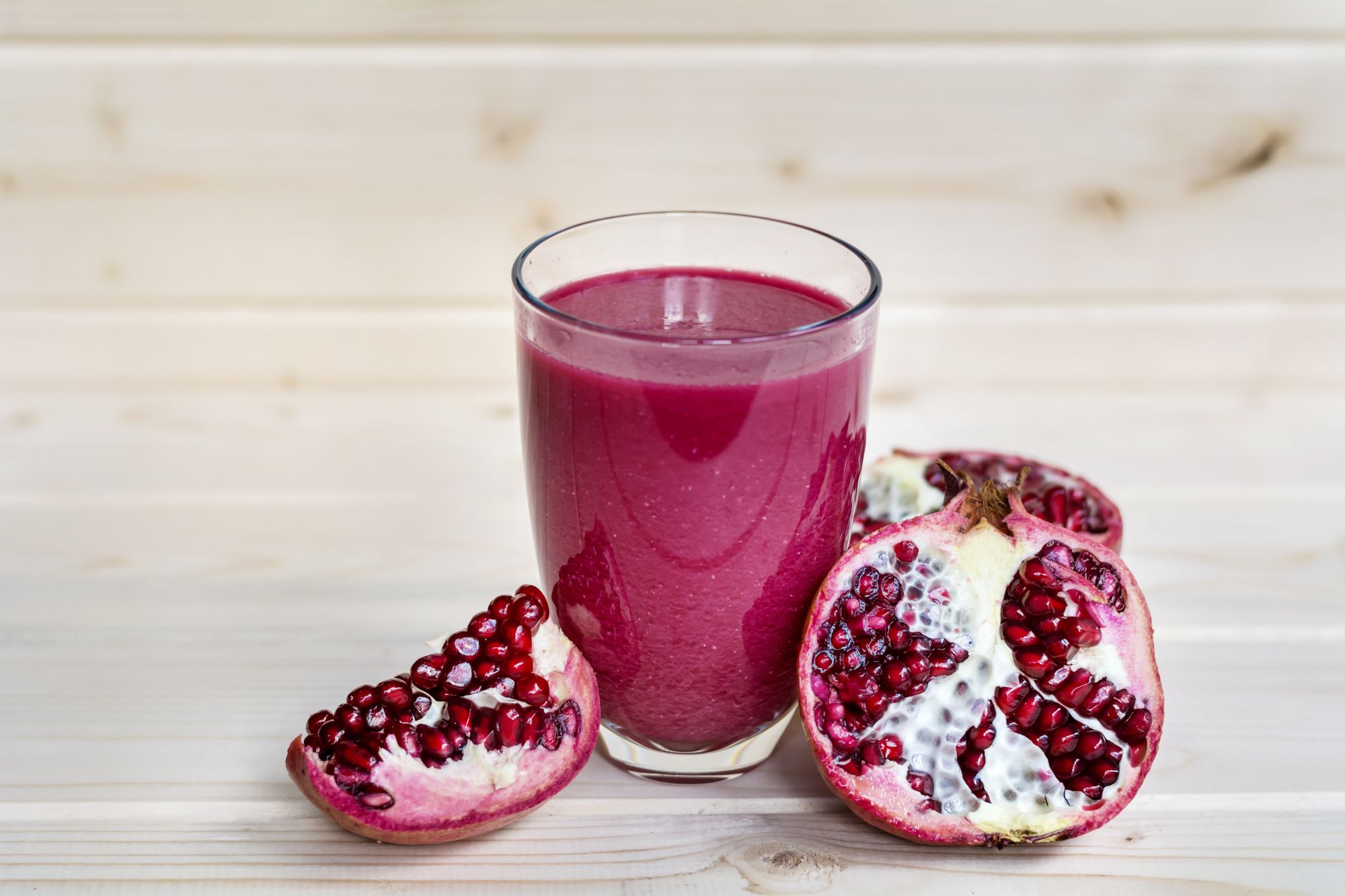
Derived from the vibrant red seeds of the pomegranate fruit, is not only refreshing but also packed with natural polyphenol plant compounds. These polyphenols have been associated with potential testosterone-boosting effects. Research suggests that consuming pomegranate juice can increase salivary testosterone levels, indicating its potential positive impact on testosterone production. Including this delicious juice in your diet can be a flavorful way to support your testosterone levels.
6) Red Wine

Often savored for its rich flavors and aromas, has been found to have surprising effects on testosterone levels. Moderate consumption of red wine has been associated with higher concentrations of free testosterone—the form of testosterone that is not bound to proteins. Red wine offers additional health benefits as well, including antioxidant, lipid-regulating, and anti-inflammatory effects. While it's important to consume red wine in moderation, incorporating it into your lifestyle may provide a potential boost to free testosterone levels.
7) Milk
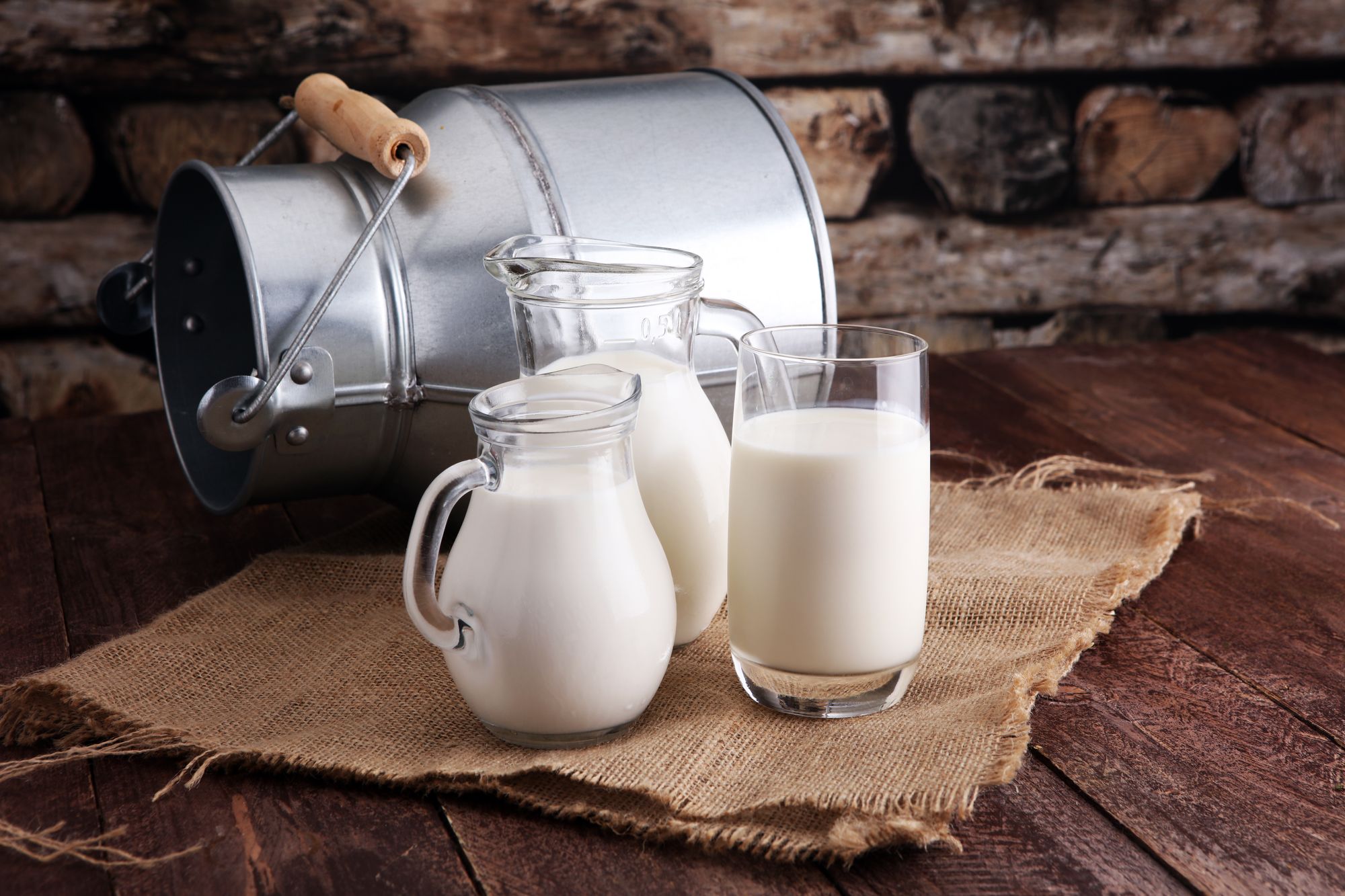
A staple beverage for many, contains a wide range of essential nutrients, including a lesser-known one called boron. Research suggests that boron supplementation can lead to significant elevations in testosterone concentrations. If you prefer to avoid milk fat, you can also find boron in other sources such as prunes, dried and cooked beans, potatoes, and legumes. Adding milk or boron-rich alternatives to your diet can potentially support healthy testosterone levels.
8) Salmon
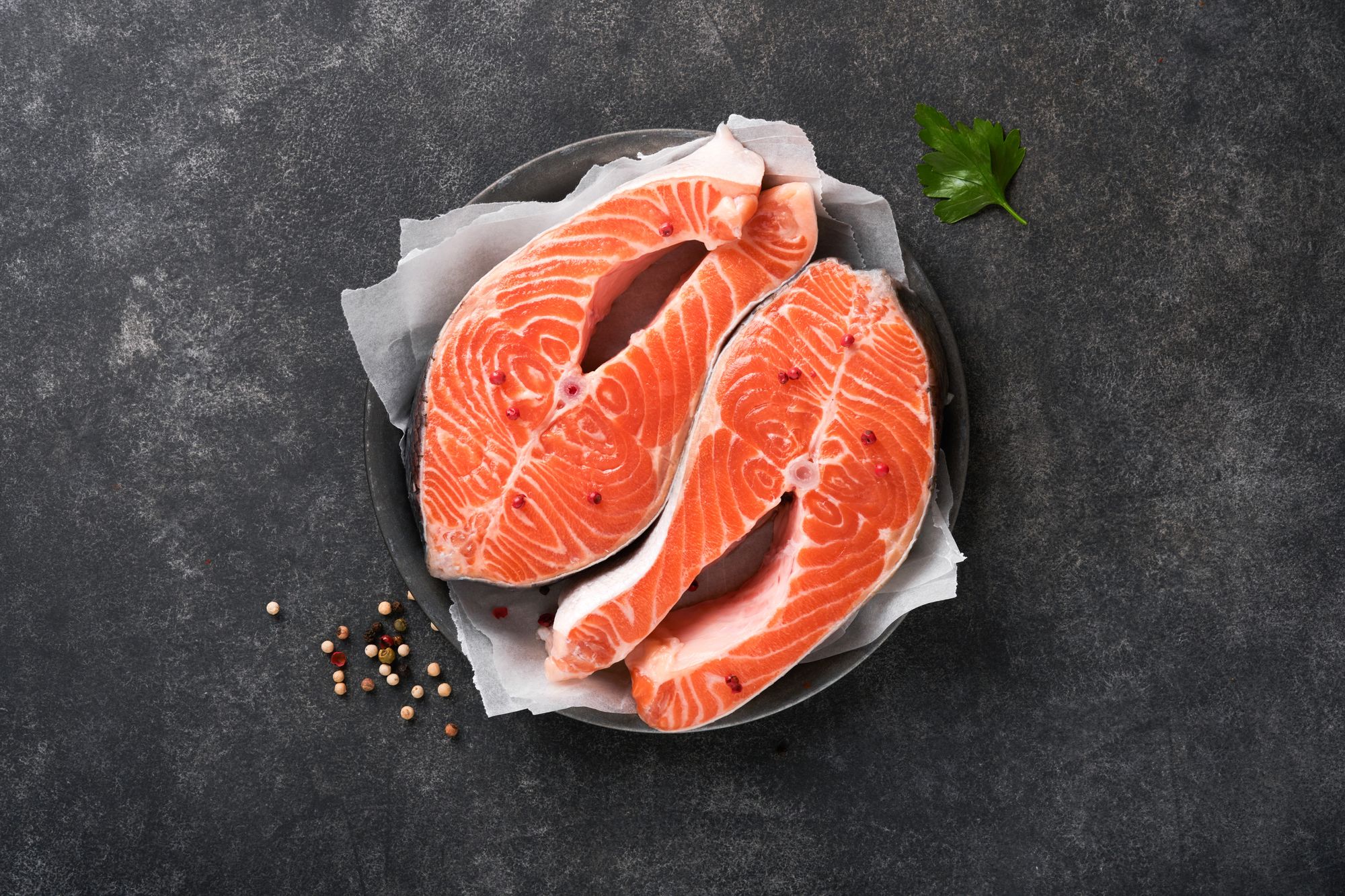
A nutrient-rich fish, is a fantastic addition to a testosterone-supporting diet. It contains various nutrients that have been associated with testosterone enhancement, such as vitamin D, omega-3 fatty acids, and selenium. In one study, men who took supplemental salmon oil for 90 days experienced an increase in testosterone levels. By incorporating salmon into your meals regularly, you can enjoy its delicious taste while potentially benefiting from its testosterone-boosting nutrients.

